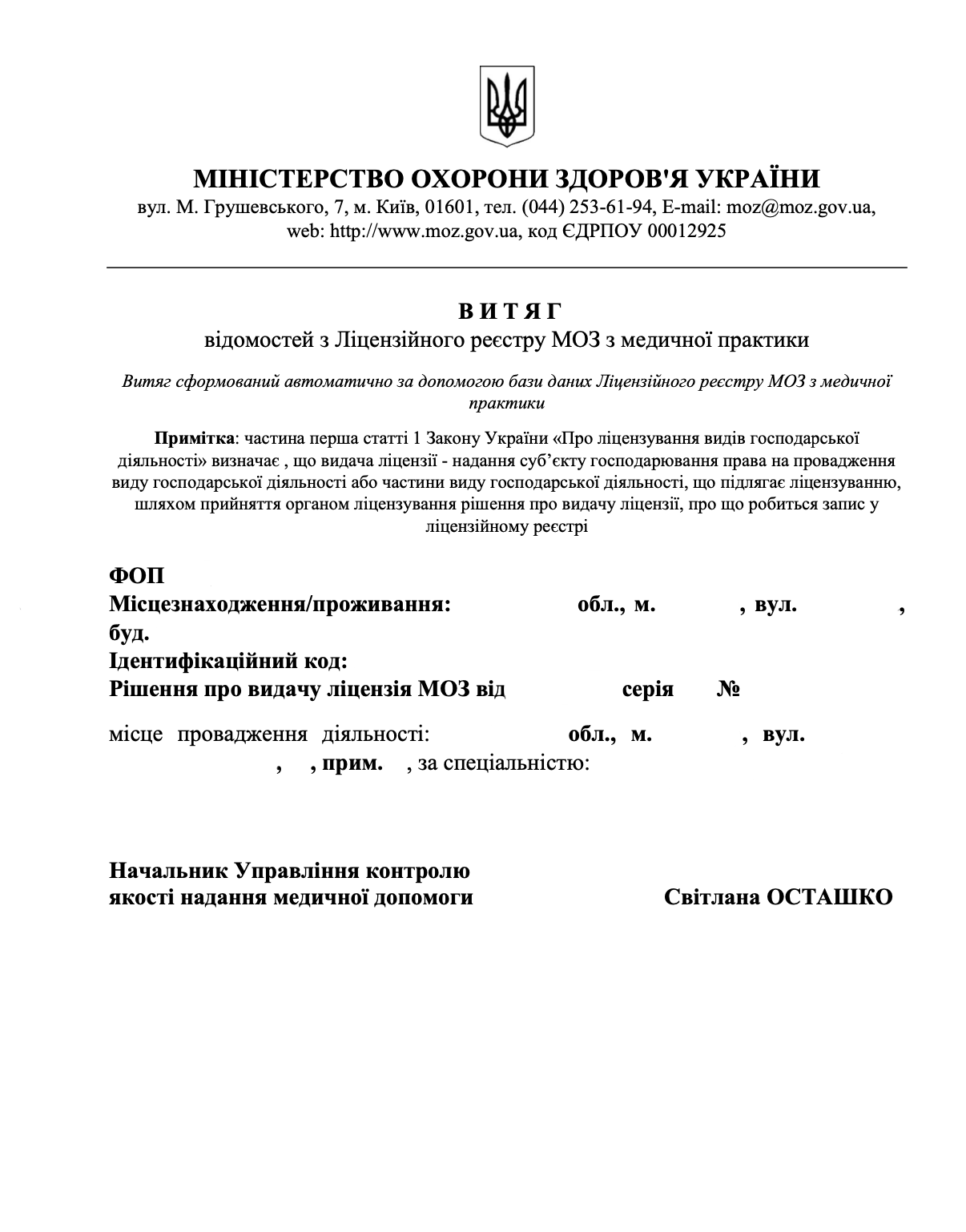Ambulance services of private medical institutions. What are requirements of the law?

The material will cover the following questions:
- Can emergency medical care be provided in private medical institutions?
- Is it needed to obtain a license for transportation of patients to medical institutions?
- What includes non-emergency medical care and what is the licensing procedure of such activities?
The analysis will be useful for those who intend to provide medical care services and those who already carry out such activities.
The right to medical care is one of the key rights of the individual, which is stipulated by the Constitution [1]. How is the right realized in our country and can a person retain ambulance services of private medical institutions?
State monopoly in the sphere of provision of emergency medical care
The relevant legislation defines emergency medical care as provision of certain urgent organizational, diagnostic and therapeutic measures, which are aimed at saving and preserving the life of a person in exigency condition, as well as minimizing the consequences of such a condition on its health [2].
Therefore, a key moment for providing emergency medical care is precisely being in an exigency condition, that is, a sudden deterioration of the physical or mental health of a person, which is a direct (inevitable) threat to life and health of the person and others.
Emergency medical care system consists of a set of health institutions and their structural units, which are intended to provide the organization and emergency medical care services, namely, emergency medical care and disaster medicine centers, stations, emergency medical care services team and departments.
At the same time, according to the law, management of emergency medical care centers is assigned to the Council of Ministers of the Autonomous Republic of Crimea, Kyiv and Sevastopol city, regional state administrations [2].
Thus, an issue of provision, organization and emergency medical care services are solely subject to competence of the state, public authorities and emergency medical care and disaster medicine centers.
Non-emergency medical care provided by private medical institutions
Despite the fact that an issue of emergency medical care is solely subject to competence of the state, private (non-state) institutions and sole proprietorships with a relevant license for medical practice may receive applications from people, who do not need emergency medical care.
The criteria for non-emergency applications are clearly defined by the Resolution of the Cabinet of Ministers of Ukraine. In particular, non-emergency applications can be made by person whose condition is not urgent, namely:
- sudden body temperature rise with cold, cough, sore throat;
- headache, dizziness, weakness;
- pain in the lumbar or joints;
- elevation in blood pressure;
- pain syndromes in cancer patients;
- drug, alcohol, toxic withdrawal syndrome;
- chronic diseases recurrence in persons under the supervision of a district doctor (hypertensive disease, peptic ulcer, chronic liver inflammation, intestine, gall bladder, diseases of the joints, kidneys, etc.) [3].
Thus, private medical institutions, as well as sole proprietorships can conduct business activities in the sphere of medical practice, which is aimed at providing non-emergency medical care and medical services.
Transportation of patients to a non-state medical institution
It should be noted that the relevant Licensing Terms distinguish urgent and emergency medical care and on-site (mobile) counseling and diagnostic care as separate forms of medical care [4]. Although there is no definition of on-site medical care, from the linguistic point of view it can be interpreted as the possibility of providing medical care with the departure of qualified medical staff at a place of residence (stay) of a patient. However, the right to provide on-site medical care does not cancel the need to have their own premises, where medical care is provided.
If a medical institution will carry out transportation of persons, who are in need of medical care, using own motor vehicle transport within the framework of carrying out medical practice activities, and, thus, such transportation will not be a separate transportation service, the separate license for the provision of transportation services will not be required .
According to the relevant legislation, an ambulance is a specialized vehicle [5]. The point to note is that it is necessary to comply with the rules governing the procedure and conditions for registering and using vehicles as ambulances in order to register such vehicle for a medical institution. In particular, the ambulance must have light and signaling devices (blue rotating warning light) [6].
However, at present, due to certain "casus" in the legislation (until now the Resolution of the Cabinet of Ministers of Ukraine dated 22.03.2017 under the number 176 "Issues on the use of special sound and light signaling devices on vehicles" not came into force), temporarily issue of permits is not implemented.
Conclusions
Therefore, since medical institutions, which can provide emergency medical care, are clearly defined in the law, emergency medical care is exclusively a state monopoly.
As for ambulance services of private medical institutions, the legislation does not have a direct prohibition on transportation of patients to a medical institution using their own motor vehicle transport within the framework of carrying out medical practice activities. However, the procedure for registration of an ambulance by a private medical institution is not sufficiently regulated and contains a number of questions regarding its implementation in practice.
Taking this into consideration, in case of any additional questions, contact the lawyers in the sphere of medical law at number 0 800 330 967 or through other forms of communication.
Regulatory framework
[1] Article 49 of the Constitution of Ukraine.
[2] Article 1, 7 of the Law of Ukraine "On Emergency Medical Care".
[3] Section 3 of the Annex to the Resolution of the Cabinet of Ministers of Ukraine "On the Standard for Arrival of the Emergency Medical Care Services Team at the Place of the Event" dated November 21, 2012 under the number 1119.
[4] Subsection 10 of the Licensing Conditions for conducting business activity in the sphere of medical practice, approved by the Resolution of the Cabinet of Ministers of Ukraine dated March 2, 2016 under the number 285.
[5] Article 1 of the Law of Ukraine "On Motor Vehicle Transport".
[6] State Standards of Ukraine 7032:2009 of State Committee for Technical regulation and Consumer Policy of Ukraine dated May 29, 2009 "Ambulances and their equipment".
Our clients













